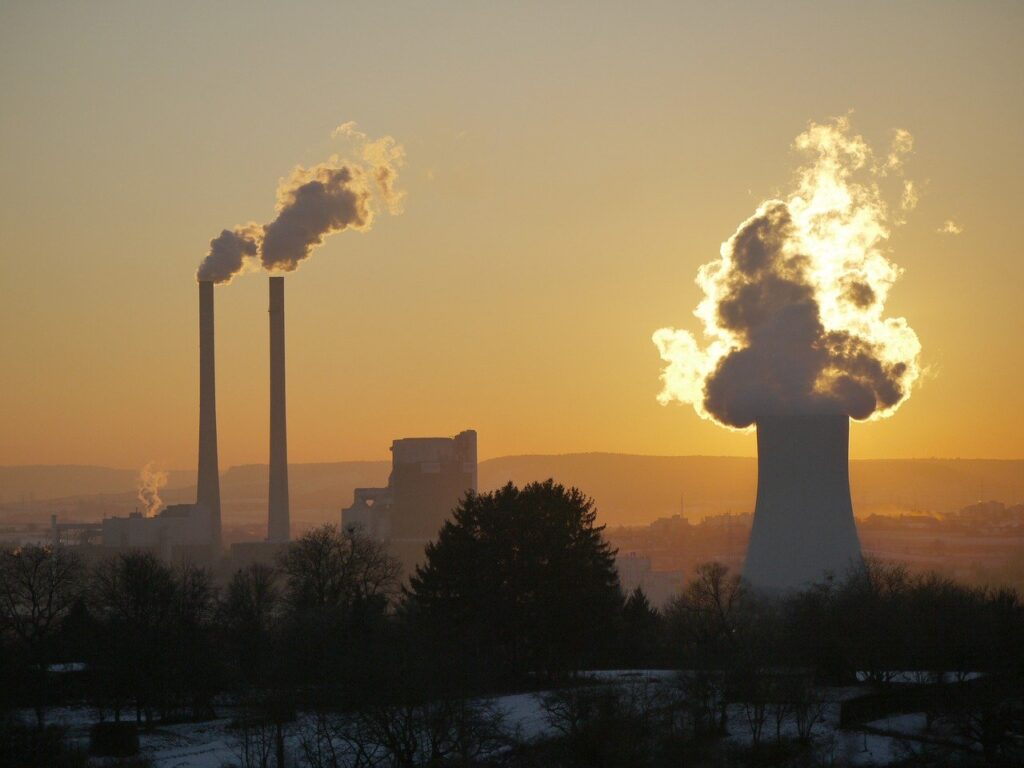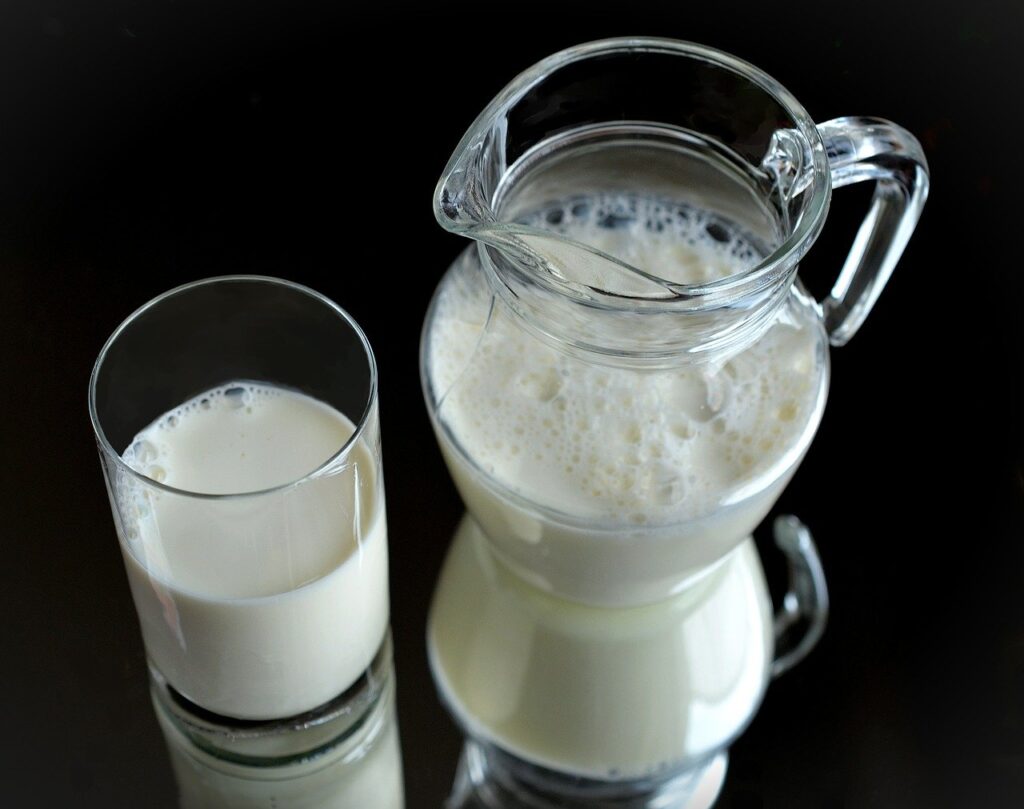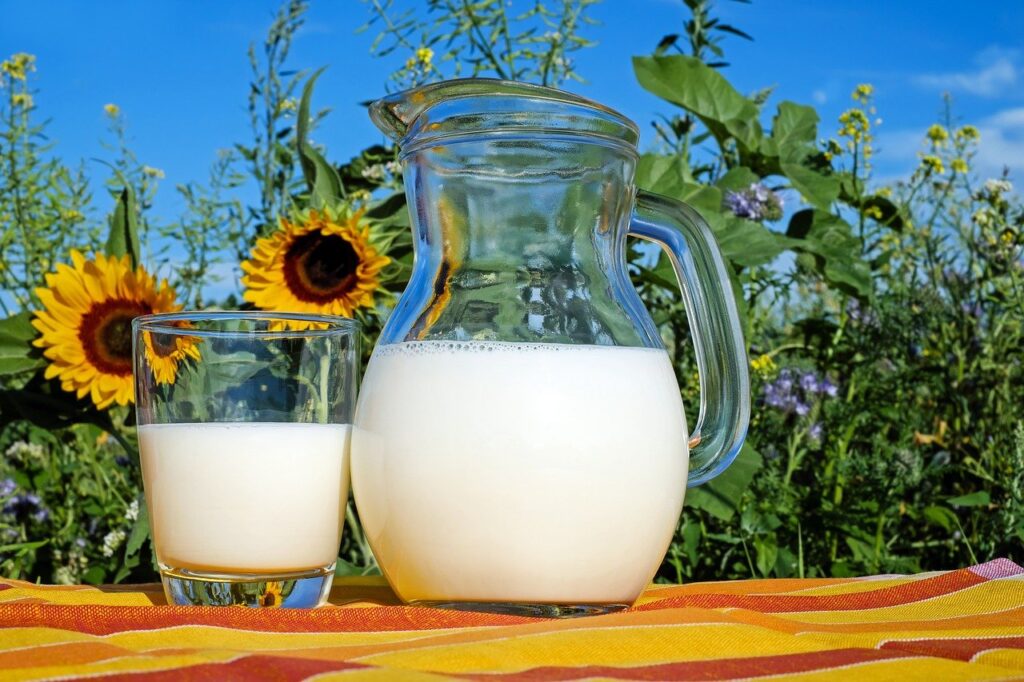Nuclear Reactors, Types, and Constituents
Probably we all know the dark side of nuclear energy. In reality, the bright side of it exceeds the dark side in many folds. In this article we will learn about nuclear detectors, their types and different constituents of nuclear reactors. What is a nuclear reactor? A nuclear reactor is a device that is designed […]
Nuclear Reactors, Types, and Constituents Read More »










